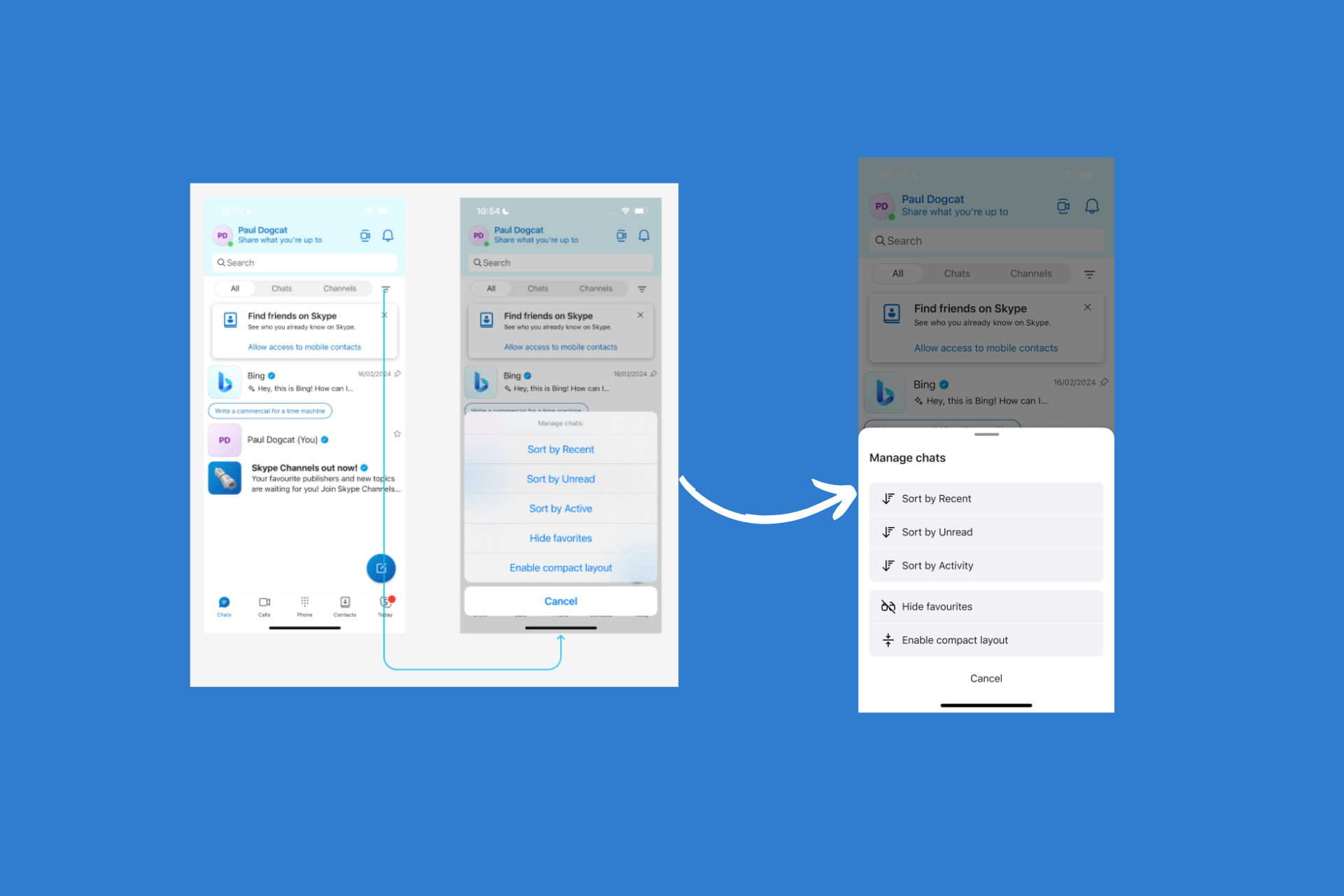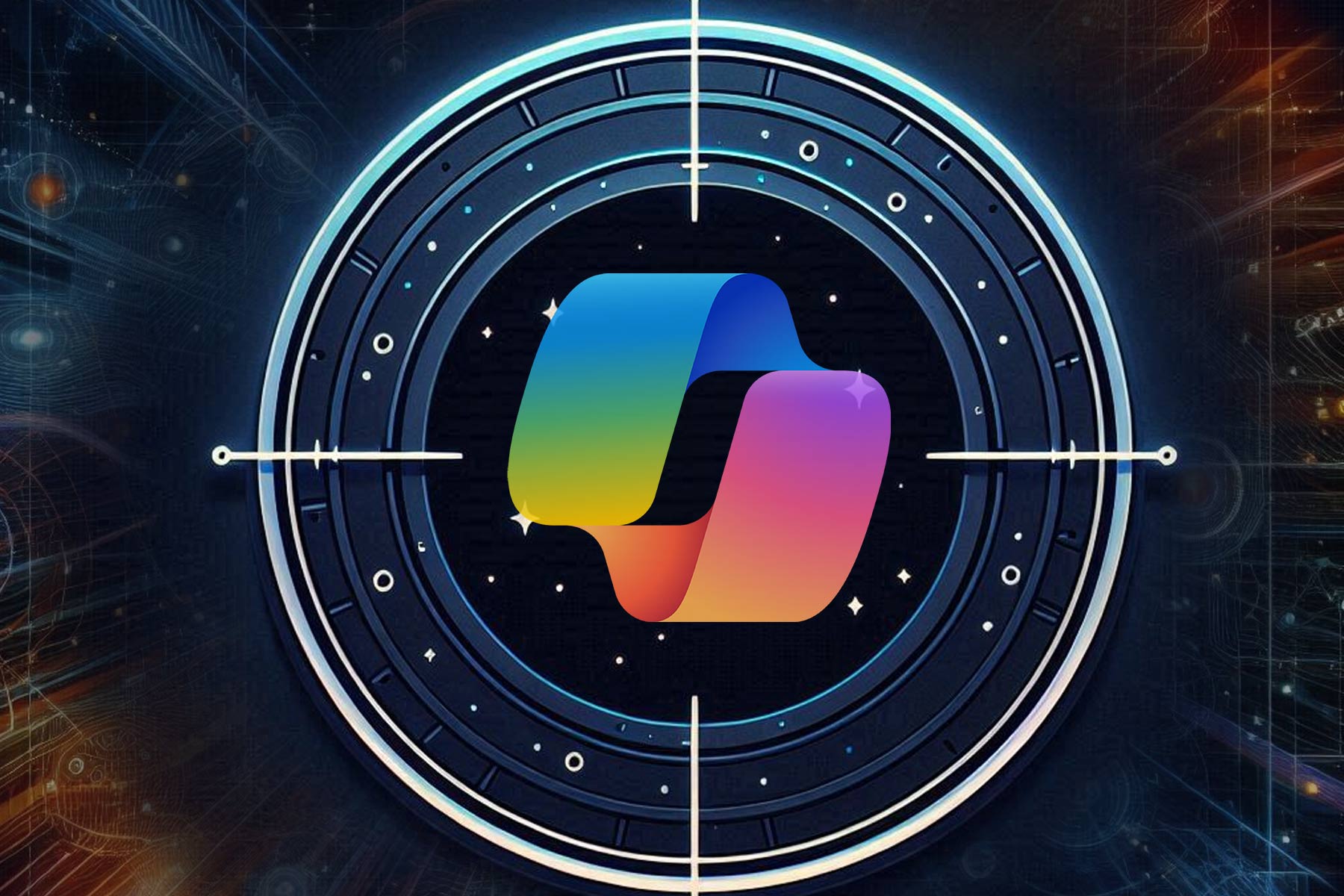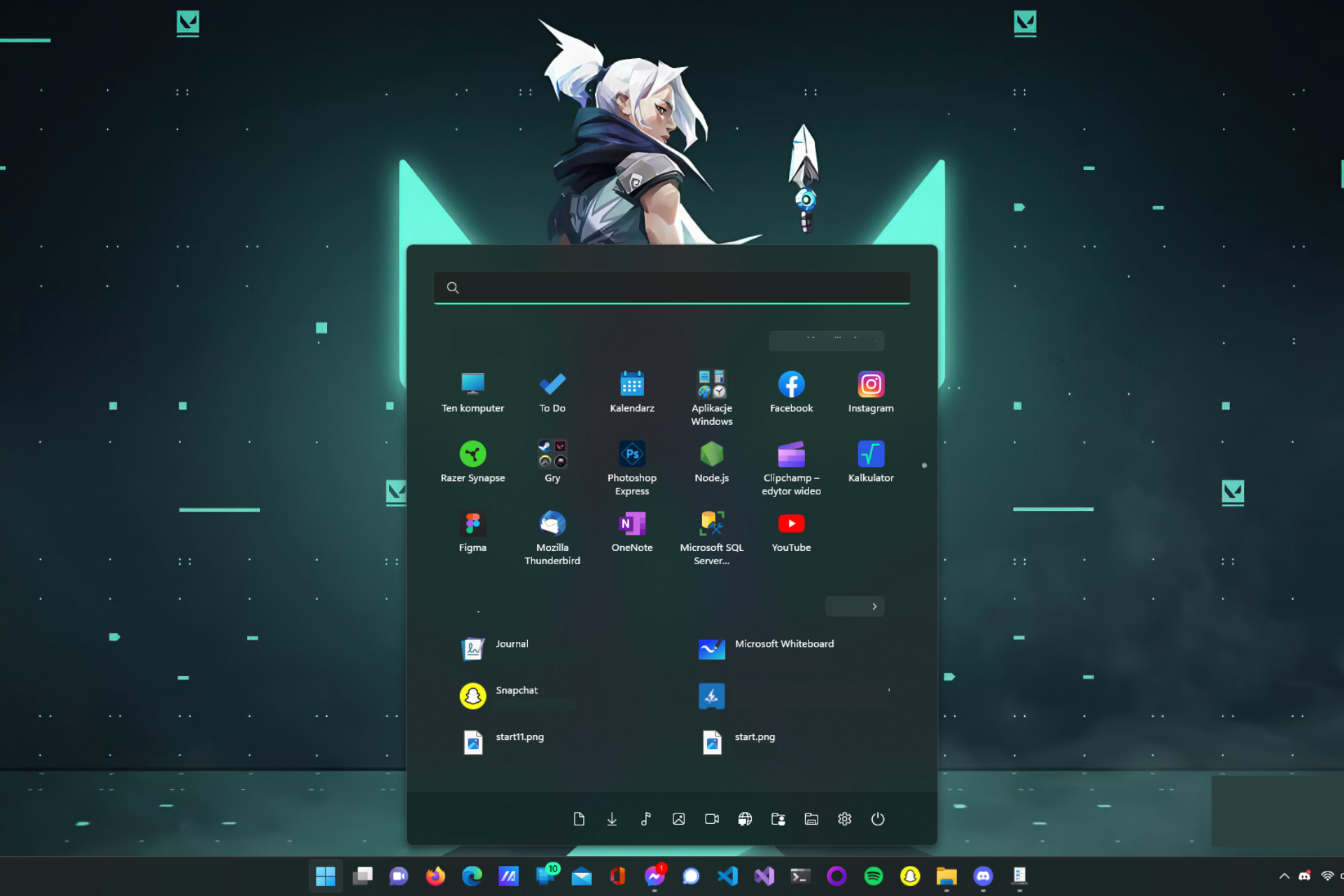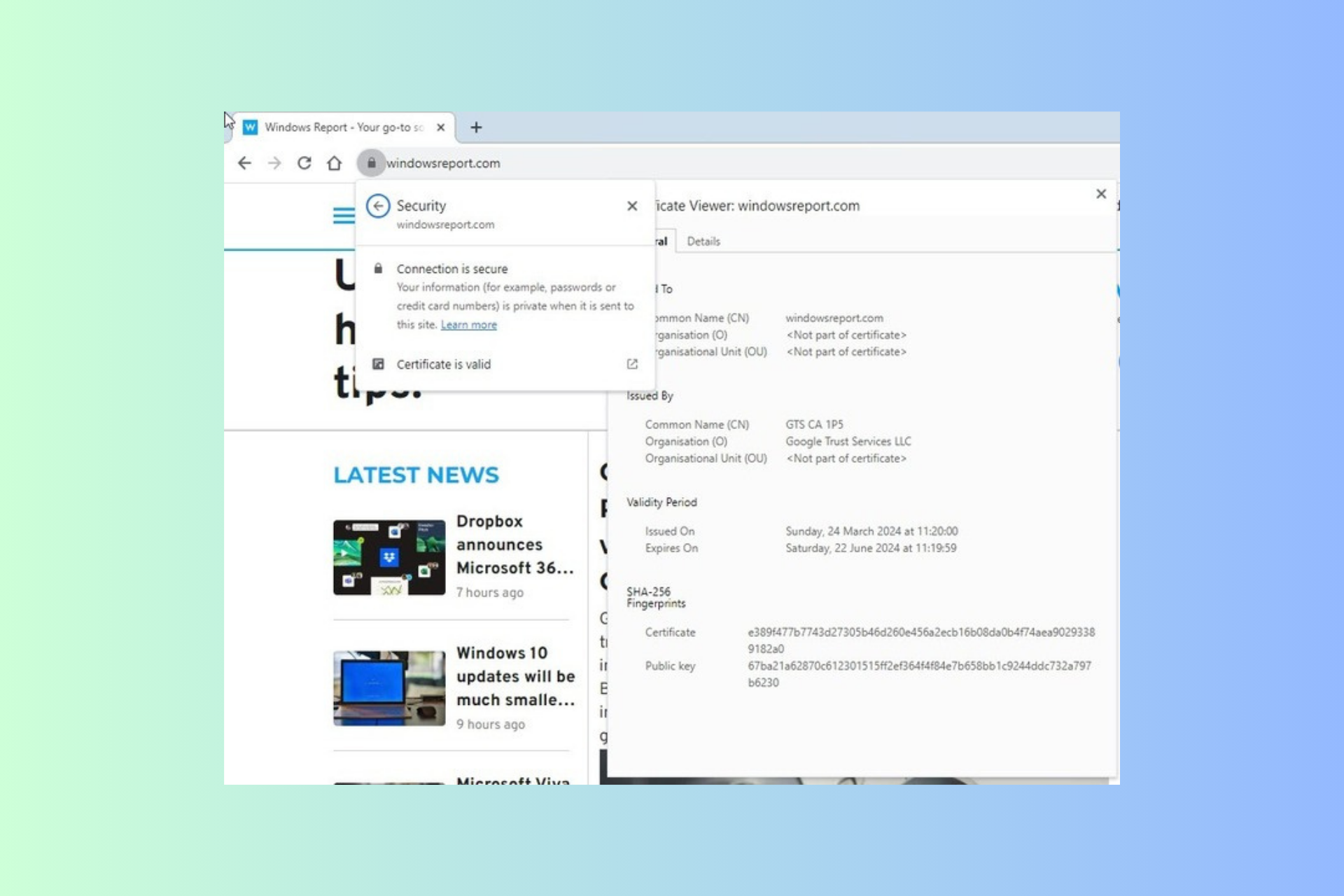Google invokes ‘Scroogled’ as it lambasts Microsoft in ongoing journalism debate
4 min. read
Published on
Read our disclosure page to find out how can you help Windows Report sustain the editorial team Read more
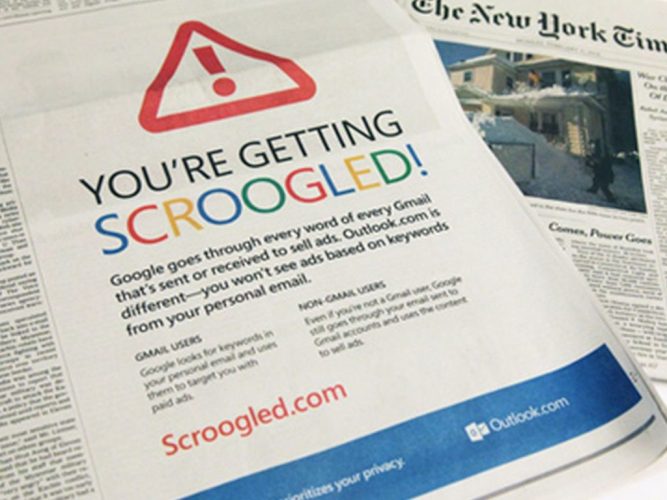
In an effort to defend its position amid growing financial concerns from international and domestic journalism compensation, Google penned a blog post attacking Microsoft.
Google’s SVP of Global Affairs, Kent Walker recently published a piece titled “Our ongoing commitment to supporting journalism” where he takes time to reinforce Google’s commitment to supporting journalism amid an ongoing conversation about compensation and publishing. Walker points out that Google is one of the world’s leading financial supporters of journalism and their recent $1 billion commitment over the next three years to license news content for its Google News Showcase platform.
“We welcome the discussion of ways to create a better economic future for quality journalism, especially as the news media business model has been facing increased challenges for many years. But proposals that would disrupt access to the open web (such as requiring payment for just showing links to websites) would hurt consumers, small businesses, and publishers. That’s why we’ve engaged constructively with publishers around the world on better solutions and will continue to do so.”
However, the post takes a sudden and sharp turn into attacking Microsoft for “naked corporate opportunism,” “attempts at distractions,” and “willing to break the way the open web works,” among other claims. What started out as a defense presumably aimed to shift public opinion to its side regarding its ongoing negotiations with Australia over licensing journalism from local platforms, quickly turned to a roasting of Microsoft’s recent involvement in SolarWinds, and the new Exchange Server hacks. Walker spent 337 of his 531-word post invoking old sentiments of “Microsoft’s longtime practices” which included a reference to the company’s seven-year-old Scroogled marketing campaign.
“This latest attack marks a return to Microsoft’s longtime practices. And it’s no coincidence that Microsoft’s newfound interest in attacking us comes on the heels of the SolarWinds attack and at a moment when they’ve allowed tens of thousands of their customers — including government agencies in the U.S., NATO allies, banks, nonprofits, telecommunications providers, public utilities, police, fire and rescue units, hospitals and, presumably, news organizations — to be actively hacked via major Microsoft vulnerabilities. Microsoft was warned about the vulnerabilities in their system, knew they were being exploited, and are now doing damage control while their customers scramble to pick up the pieces from what has been dubbed the Great Email Robbery. So maybe it’s not surprising to see them dusting off the old diversionary Scroogled playbook.”
Ironically, after venturing heavily into all of the things Walker perceives as issues Microsoft should address before attempting to lobby against Google’s journalism licensing negotiations, he sums up his post with, “Microsoft’s attempts at distraction aside, we’ll continue to collaborate with news organizations and policymakers around the world to enable a strong future for journalism.” While it is true that Microsoft is currently at the center of an international hacking exploit that’s affected millions, Walker also omits Google’s own efforts to use this opportunity to leverage its own political lobbying to issue questions to congress when investigating its competitor’s involvement. Eventually, Walker gets back on track when discussing Microsoft’s switch to AI bots over actual journalism as a way to undercut the company’s current lobbying against Google’s position.
Sandwiching the Microsoft attack fest post, Walker returns to the origin of his post by ending with, “We look forward to continuing to engage with regulators and news publishers to ensure a thriving and healthy publishing industry,” which feels like another detour from the Exchange Server, Scroogled, SolardWinds journey he went on.
In the end, it’s nice to know that, unlike Facebook, Google is willing to negotiate with local journalists on an amicable solution going forward and has already committed financially to ensuring progress on the matter; however, I’m not sure the anti-Microsoft diatribe moves the needle of public opinion in their favor when their opponent is fair compensation for journalist and not the Scroogled boogeyman of years past.




